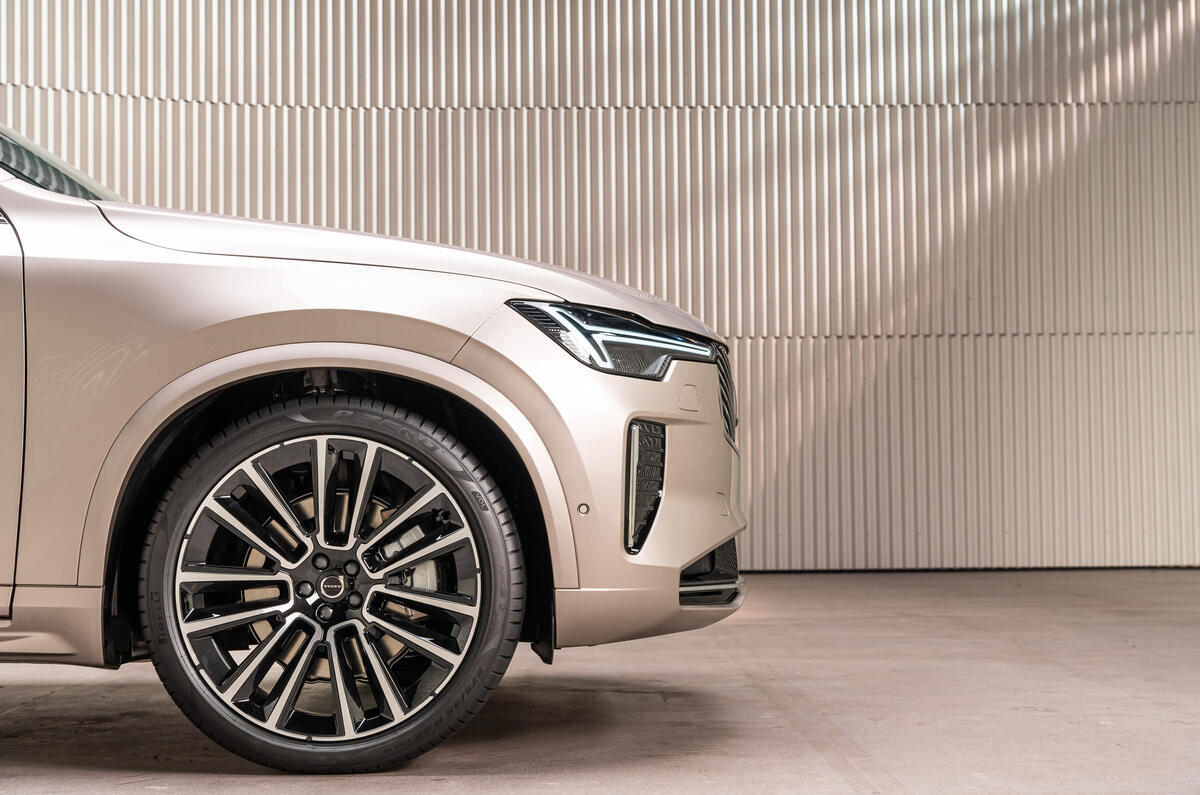Volvo's line-up could swell to an “abnormal” number in the coming years as a result of the firm abandoning its target of going electric-only by 2030, according to the firm’s deputy CEO – who insists the firm is “well-placed” to handle that.
The Swedish brand pledged in 2021 that it would sell only electric cars from the start of the next decade. But the slow uptake of EVs in some global markets and the recent decline in EV sales growth has prompted Volvo to renege on that.




Add your comment